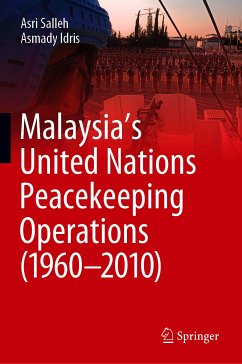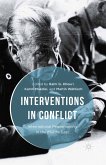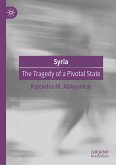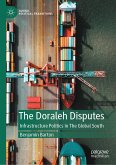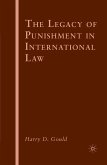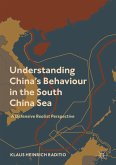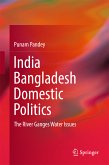This book fills the critical gap. It deliberates on the respective national and international decision-making processes, especially from the Malaysian point of view, and analyses the theoretical and practical impacts of Malaysia's UNPKO in understanding international politics. Apart from providing a well-researched account of Malaysia's UNPKO across the globe for 50 years, i.e. 1960-2010, this book examines the determinants by using qualitative data, particularly key-informant interviews and documentary analysis. Thus, while most studies of Malaysia's UNPKO single out domestic imperatives as the most vital determinant, this book, on the contrary, comprehensively identifies the prevailing world security order as the most important determinant influencing Malaysia's UNPKO, followed by the domestic ones.
Dieser Download kann aus rechtlichen Gründen nur mit Rechnungsadresse in A, B, BG, CY, CZ, D, DK, EW, E, FIN, F, GR, HR, H, IRL, I, LT, L, LR, M, NL, PL, P, R, S, SLO, SK ausgeliefert werden.

